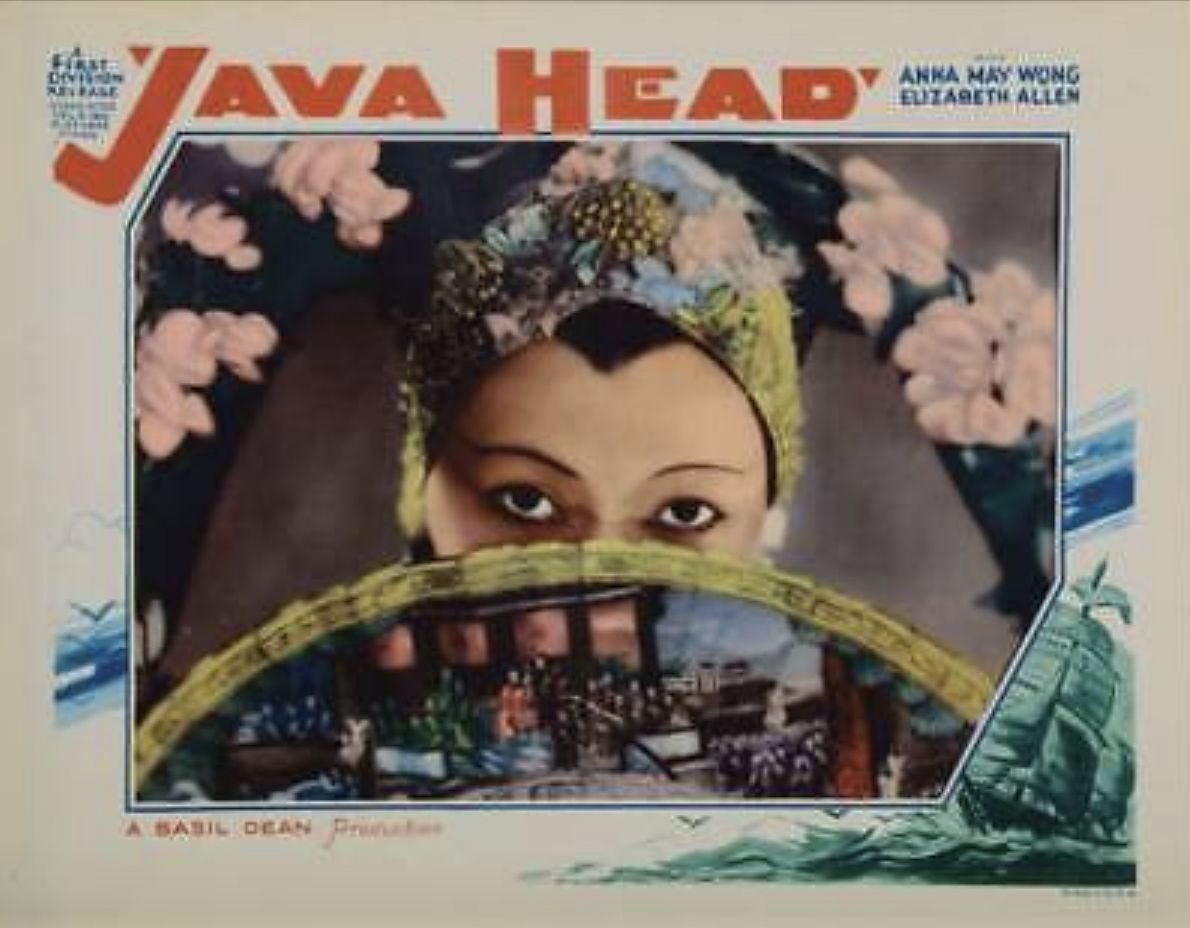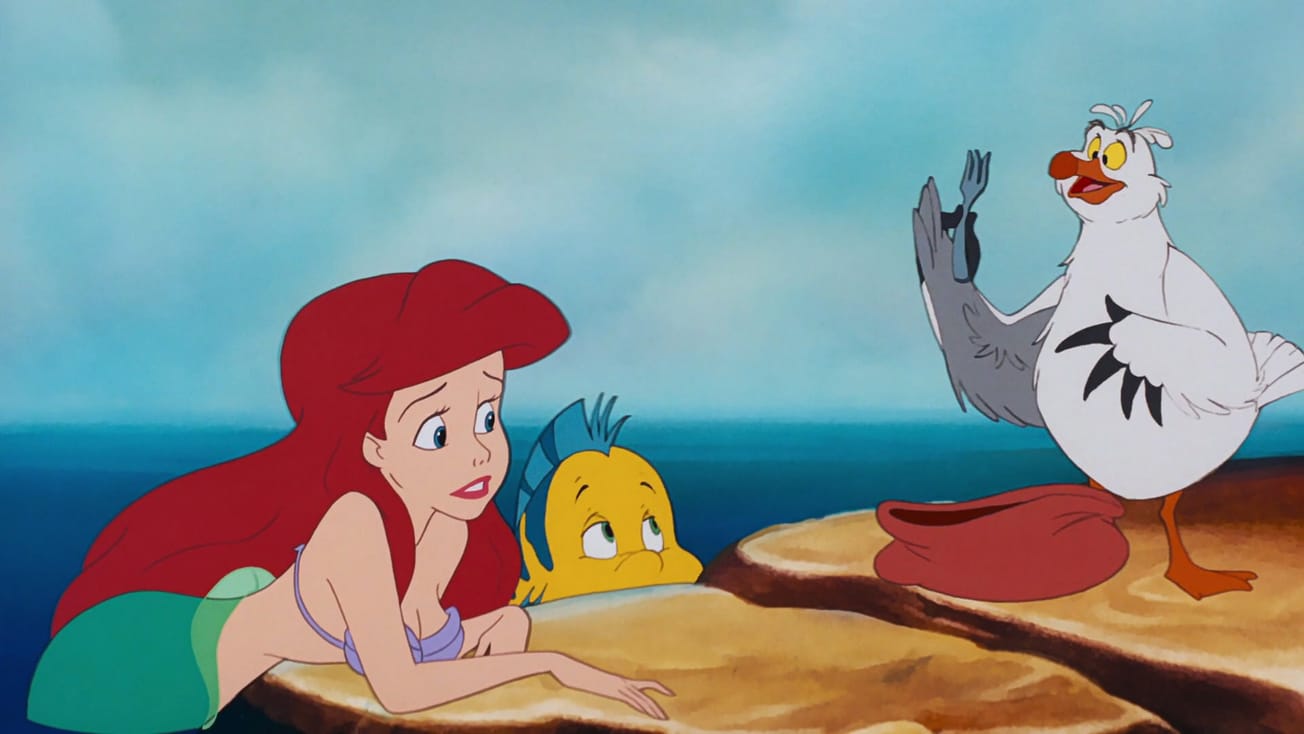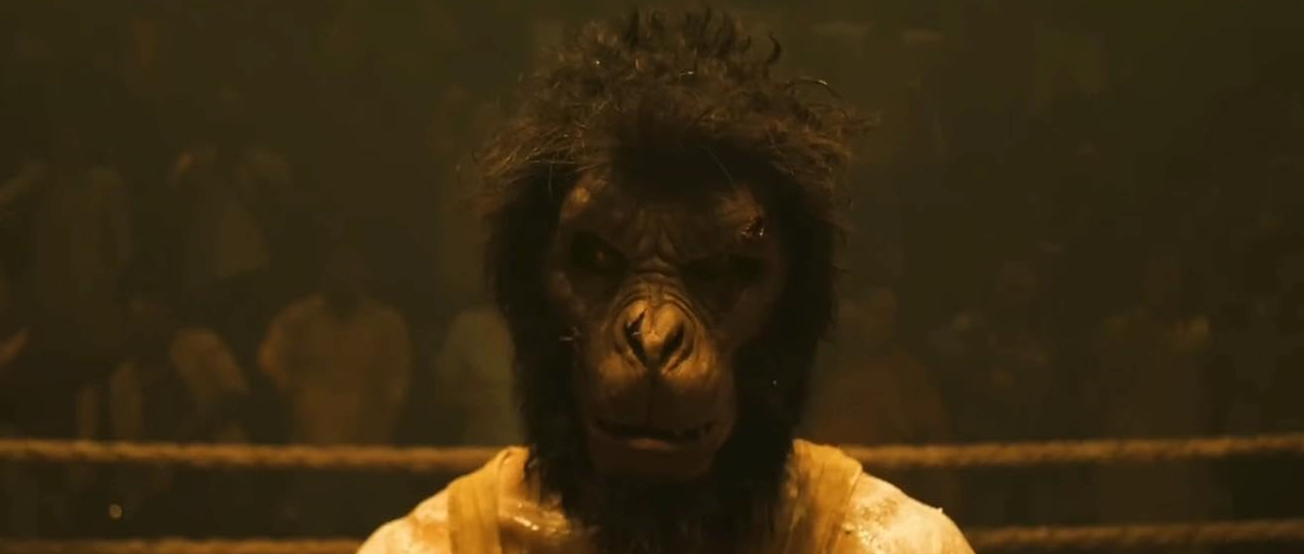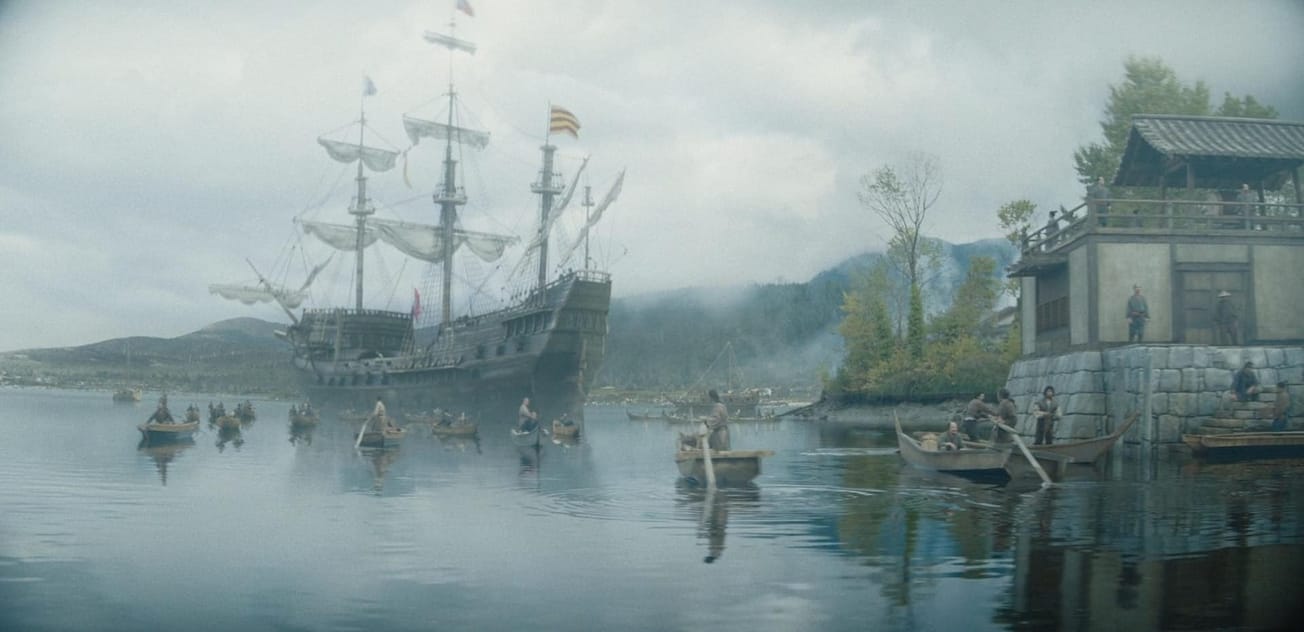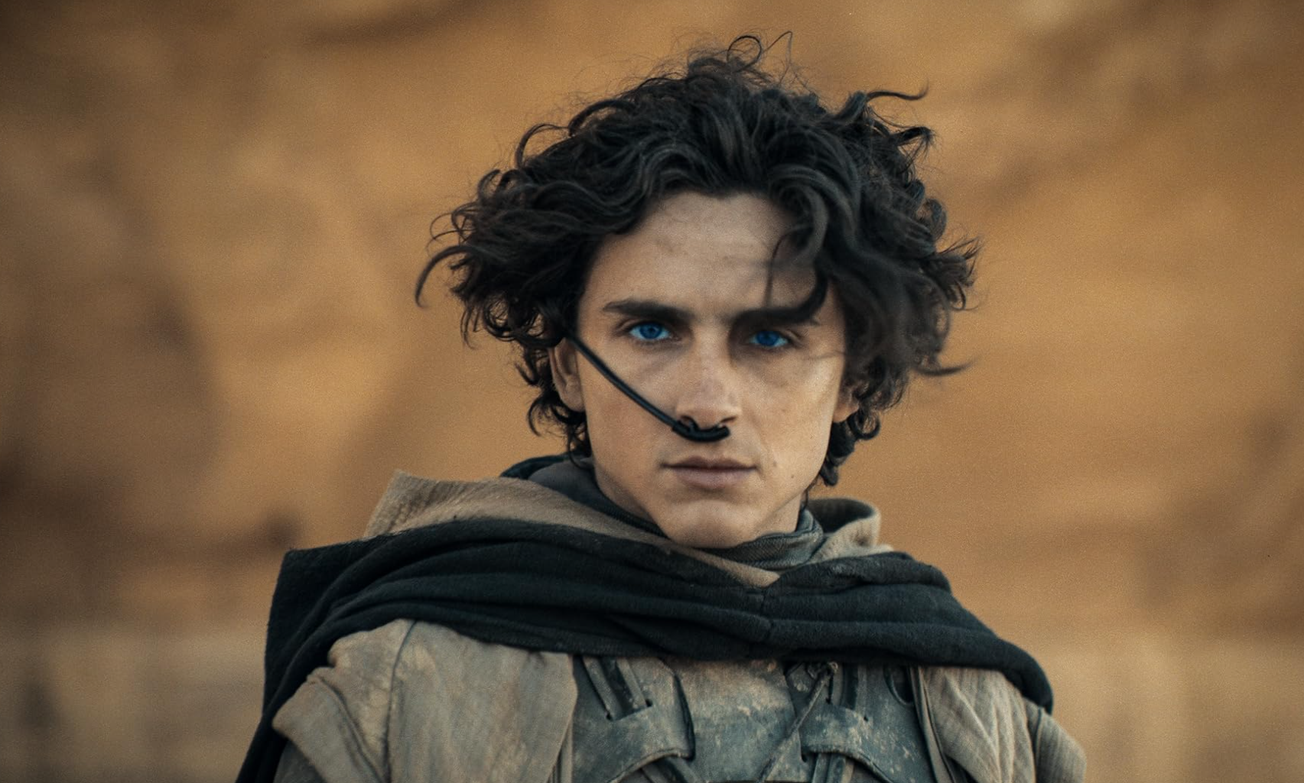By Shivani Chivukulua, Third Year, Classical Studies
As part of our new series, each month we will be looking at a film or television series that is set or filmed in Bristol. This is our first!
When one thinks of Bristolian film and television, the 2007 series Skins immediately jumps to mind (although, according to locals, the show is not an accurate representation of the average Bristol teen, who would be doing far more drugs).
J. Walter Ruben’s 1934 film Java Head depicts another world entirely. Set in the 1800s, Java Head follows the Ammidon family, the head of which (Edmund Gwenn) is a well-to-do and affable owner of a shipping company. His son Gerritt (John Loder) embarks on a year-long sailing adventure, leaving behind his sweetheart, Nettie (Elizabeth Allen); when he returns, to the shock of the town, he is newly-wed to a Chinese woman.
The script leaves the viewer in no doubt that the film is set in Bristol: Gerritt and Nettie are spotted by the bourgeois and gossiping neighbours on Clifton Downs, and later they walk up Brandon Hill together.
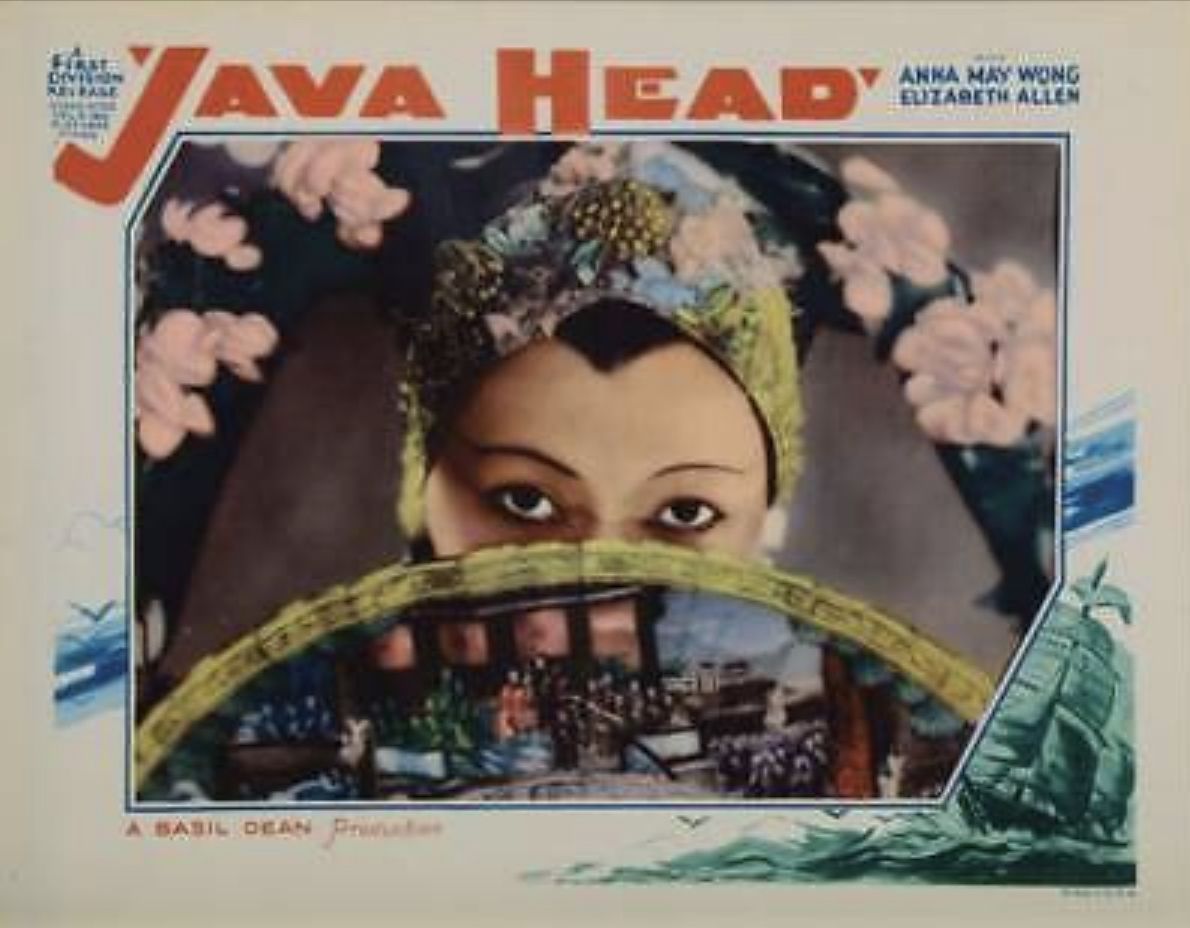
The film is lavishly produced and plays with a large cast of almost Dickensian stock characters such as the gruff but stern family patriarch, the scampish and charming young granddaughter, Nettie’s fanatical Christian guardian, and her sleazy uncle. But none of these, nor Bristol itself, is the main character: central to Java Head is the sea, which opens Bristol to the world’s splendours and temptations.
The opening shot of the film establishes this, showing industrious seamen singing and working. The characters speak in high-handed, and sometimes quite jarring, naval metaphors. Gerritt is a seafaring man, with a rapport with the lower-class sailors, and so the viewer approves of him. By contrast, his brother William (Ralph Richardson) is disapproved of as a ‘landlubber’ with new-fangled, modernising notions which go against the traditional values of his father. He is concerned only with profit and is later on revealed to be smuggling opium.
Java Head is a film about racial tension, but, perhaps as a symptom of its time, sends mixed messages about race and foreignness. Early on in the film, there is a “funny” montage of Gerritt’s naval adventures around the world, in which every country is characterised by is passionate, even lascivious, exoticism – a sharp contrast to the stuffiness of England.
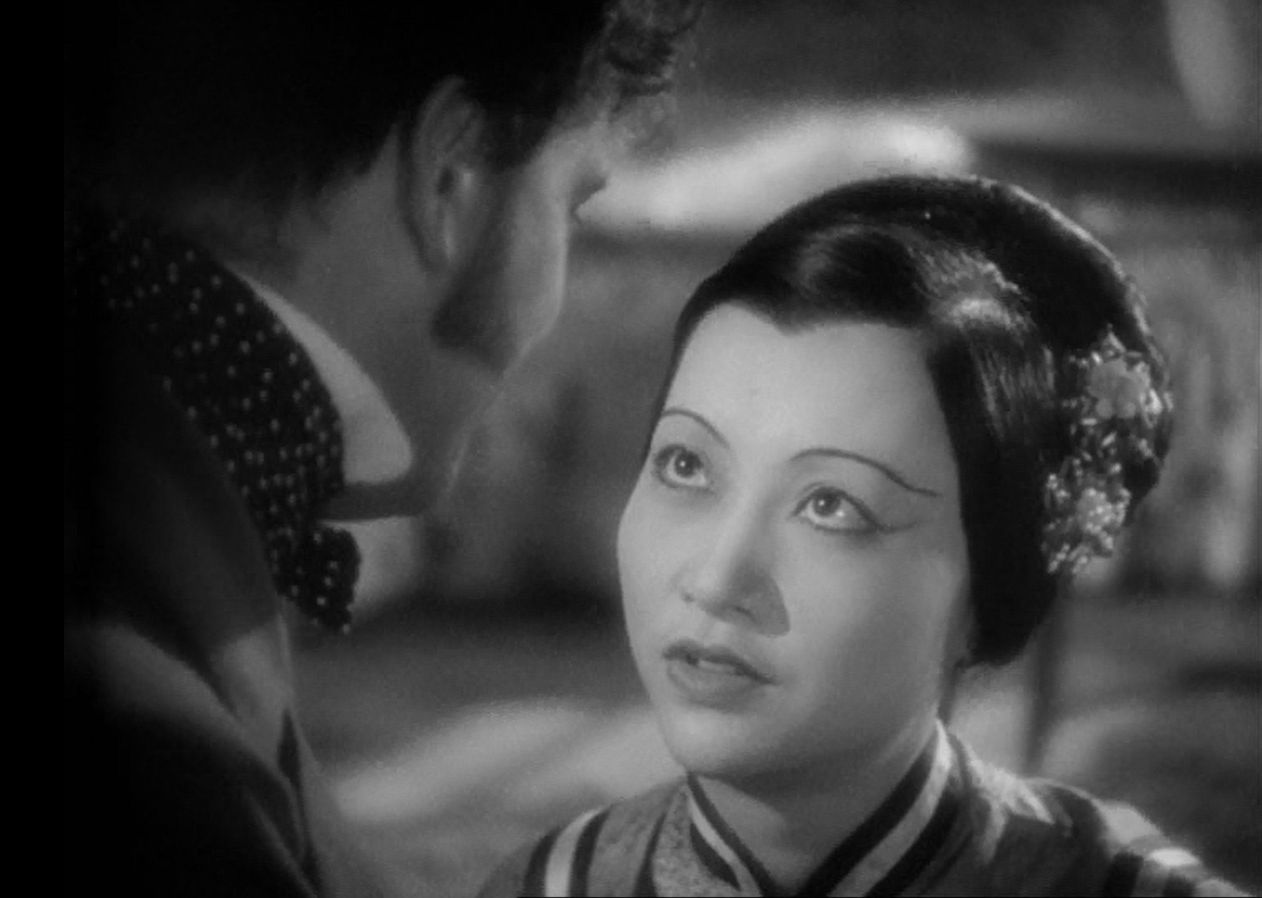
Taou Yuen (Anna May Wong), Gerritt’s new bride, enters half an hour into the film, prefigured by the shocked stares of the family. She is immediately exposed to the extreme racism of the locals – a scene where they look on, horrified, as she enters the famous St Mary Redcliffe in her traditional dress particularly stays in the mind.
The film condemns the intolerance and hypocrisy of the locals, especially as the woman in question is a beautiful, noble princess played by a top-billed star of the era, while the latter is crude and unsophisticated gossips.
Wong plays Taou Yuen as serene and graceful enough to rise above the spite of the neighbours and wins over the women of the family with her character. While she respects Gerritt’s culture and religion, she refuses to give up her own. It is a good depiction of a woman facing the consequences of interracial marriage, and unfortunately, one that might ring true for many even today.
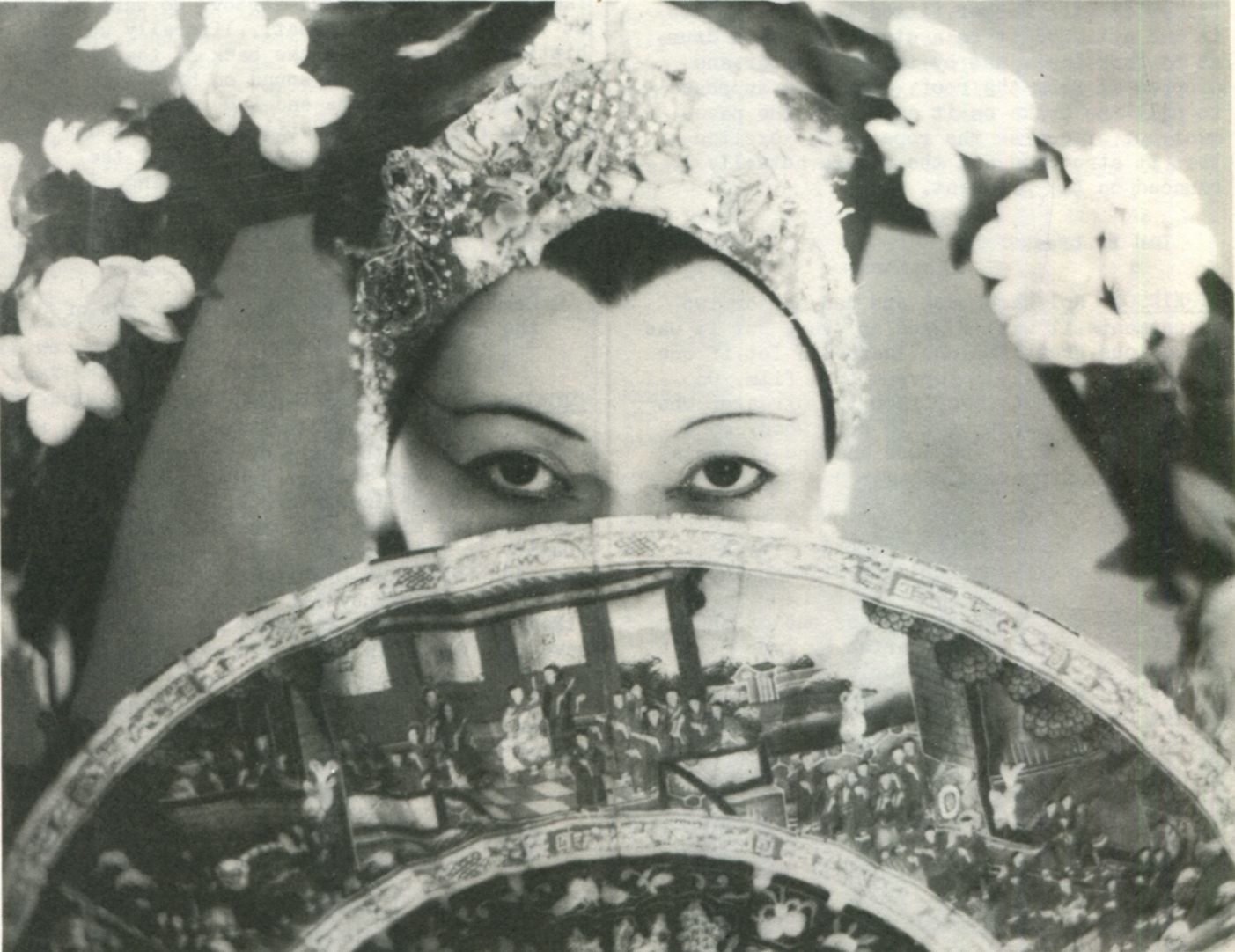
However, there is an unfortunate implication of equivalence between Taou Yuen and the opium that William is smuggling: both are Eastern, both at odds with ‘proper’ English society, and both inflaming unnatural emotions. Nettie is set up as the innocent, English girl who is the appropriate choice of bride for Gerritt, who calls his own wife’s customs ‘barbaric’.
The final act of Java Head is highly problematic and frankly insulting, with Taou Yuen suddenly reverting to an extremely damaging Dragon Lady stereotype at odds with her character, and a final shot of Gerritt and Nettie sailing away which seems to exult in her downfall. Still, Java Head leaves an indelible mark on the history of Bristolian film, and Western film at large, with the first-ever depiction on film of an interracial kiss.
Featured: IMDb
What film would you like us to talk about next?

